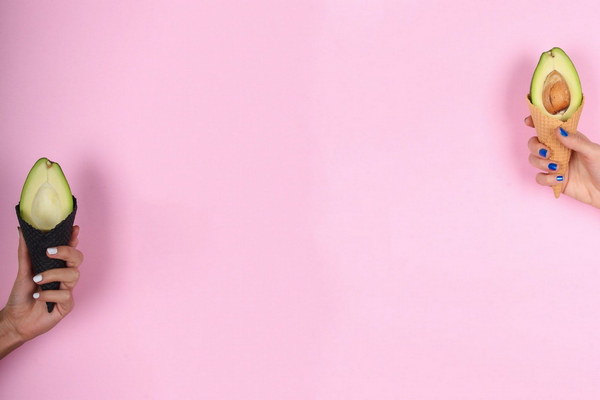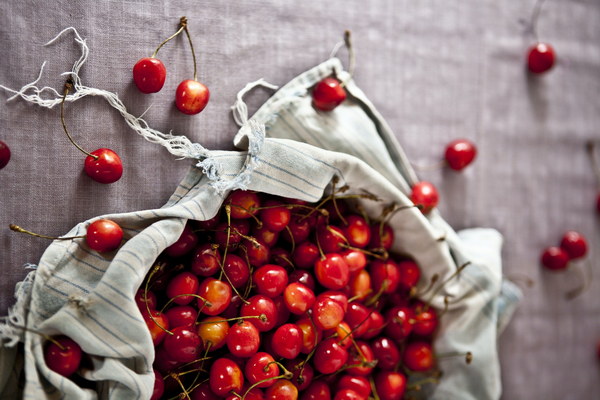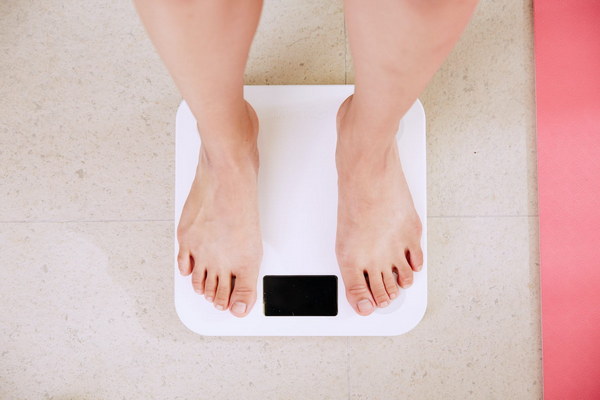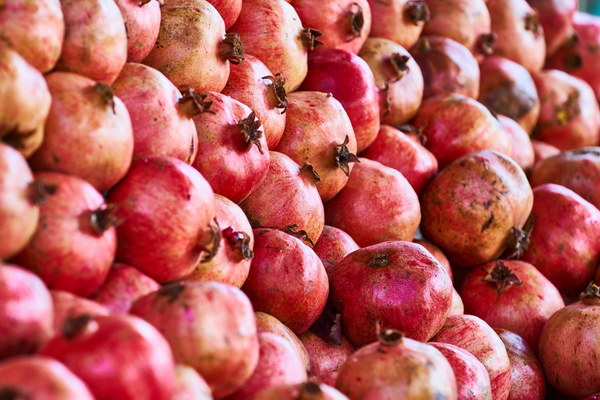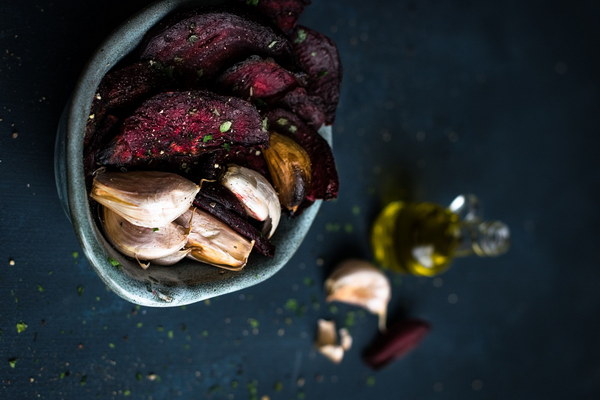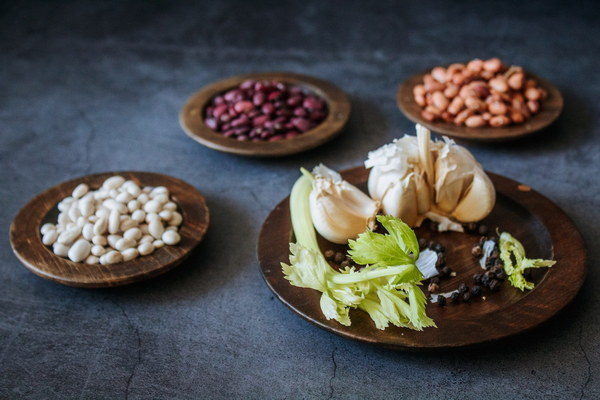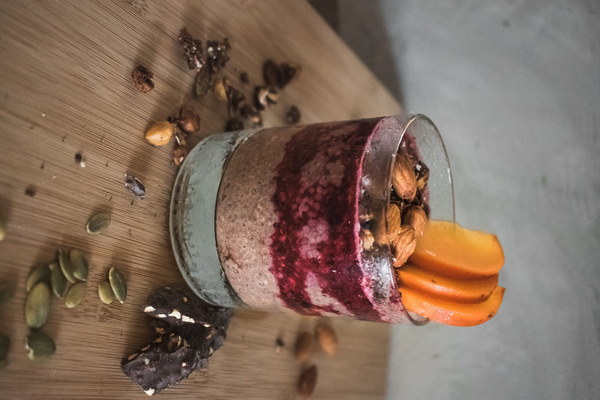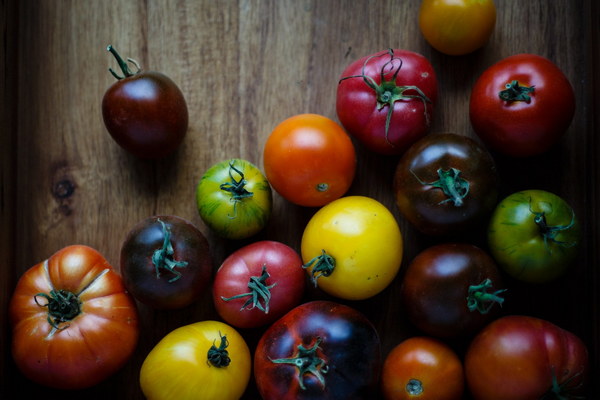Is Pineapple More Effective in Removing Dampness A Comprehensive Analysis
In traditional Chinese medicine, dampness is considered an internal pathogen that can lead to various health issues. Many people believe that certain foods have the ability to expel dampness from the body. Among these foods, pineapple has often been praised for its effectiveness in removing dampness. But is pineapple truly more effective in expelling dampness compared to other foods? Let's take a comprehensive analysis in this article.
Firstly, let's understand what dampness is in the context of traditional Chinese medicine. Dampness is a condition where the body is overloaded with moisture, leading to symptoms such as fatigue, body aches, and digestion problems. Pineapple is believed to have diuretic properties, which can help in removing excess moisture from the body. Its high vitamin C content also contributes to boosting the immune system, which is crucial in fighting dampness.

One of the main reasons why pineapple is thought to be effective in expelling dampness is its bromelain content. Bromelain is an enzyme that has anti-inflammatory properties and can help in breaking down proteins, making it easier for the body to digest them. This, in turn, can aid in reducing dampness-related symptoms such as bloating and indigestion.
However, it is important to note that the effectiveness of pineapple in removing dampness can vary from person to person. Some individuals may experience immediate relief after consuming pineapple, while others may not see significant improvements. This is because each person's body chemistry is different, and some may be more responsive to the diuretic properties of pineapple.
Moreover, pineapple is not the only food that can help in expelling dampness. Other foods with similar properties include ginger, leeks, and cucumbers. These foods also have diuretic properties and can aid in reducing dampness-related symptoms. In fact, a balanced diet that incorporates a variety of dampness-expelling foods may be more beneficial than relying solely on pineapple.
It is also important to consider the timing of consuming pineapple. In traditional Chinese medicine, it is believed that pineapple should be consumed on an empty stomach to maximize its effectiveness in removing dampness. This is because the body is more receptive to absorbing the nutrients and properties of the food when it is not mixed with other foods.
In conclusion, while pineapple is often praised for its effectiveness in expelling dampness, its benefits can vary among individuals. Its diuretic properties and bromelain content can aid in reducing dampness-related symptoms, but it is not the only food with such properties. A balanced diet that includes a variety of dampness-expelling foods may be more beneficial in the long run. Additionally, consuming pineapple on an empty stomach may enhance its effectiveness. However, it is important to consult with a healthcare professional or a traditional Chinese medicine practitioner before making any significant changes to your diet or treatment plan for dampness-related conditions.

